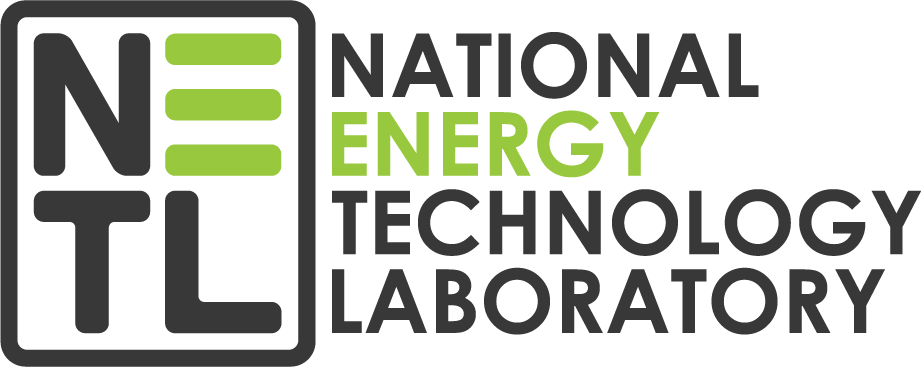Environmental engineer takes on global warming
Meet Jonathan Levine
For Jonathan Levine, reading the 2002 Intergovernmental Panel on Climate Change report made it clear that global warming and its effects on those of lower-income households were clearly and swiftly becoming a reality. As a result, he became interested in a career in science, technology, engineering and mathematics (STEM) and went on to receive his doctoral degree in environmental engineering in 2010 from Columbia University. After the BP Deepwater Horizon oil spill, Levine became a participant of the National Energy Technology Laboratory (NETL) Postgraduate Research Program, studying deep sea gas and oil rising through the ocean.

As a 2016 alumnus of the National Energy Technology Laboratory (NETL) Postgraduate Research Program, Jonathan Levine, Ph.D., finds and invents new solutions to tackle the multinational problem of global warming and ocean oil spills. (Credit: Folia Materials)
NETL offers opportunities to participate in energy-related research. Its mission is to strengthen our nation’s security, to improve our nation’s environment and to advance energy options that fuel our nation’s economy.
Under the mentorship of Robert Warzinski and Yee Soong, Ph.D., Levine investigated solutions to help clean up global fossil energy pollution. His research included investigating the mitigation of deep ocean oil spills and the effects of global warming on deep sea gas seep contribution to global greenhouse gas emissions. Finding a way to quickly and efficiently clean oil from ocean waters is an issue that affects the entire world.
After three years of research and lab analysis, Levine finished his fellowship as a NETL participant in 2016. However, he says that there is still much work to be done.
“The work we were doing was vitally important,” Levine said. “We still don’t understand subsea gas and oil transport as well as we need to both for future deep sea oil spills as well as the potential for deep sea or permafrost gas hydrate melting to cause runaway global warming. We were the only lab in the world with the unique equipment that could measure the needed thermophysical parameters.”
During his academic career, he published twenty peer-reviewed scientific articles. After finishing his fellowship with NETL, Levine left academia and started his own company called Folia Materials to address environmental issues. Folia Materials produces a coated paper used to replace plastics and to purify water for lower income households across the world.
Levine credits the Oak Ridge Institute for Science and Education (ORISE) for helping him take his education into applied research, and then later into real world usage with his company. When asked for final comments on what he had learned during his time with ORISE at NETL, Levine discussed the importance of organizational culture and said that: “National labs can have really incredible interdisciplinary teams that you won’t typically find in academia.”
The NETL program is administered by the Oak Ridge Institute for Science and Education (ORISE) for the U.S. Department of Energy. ORISE is managed for DOE by Oak Ridge Associated Universities (ORAU).


